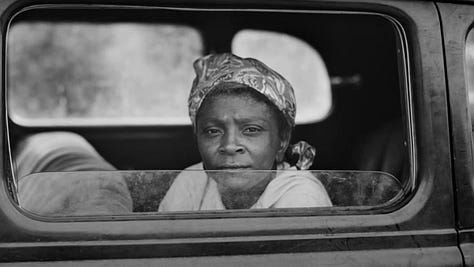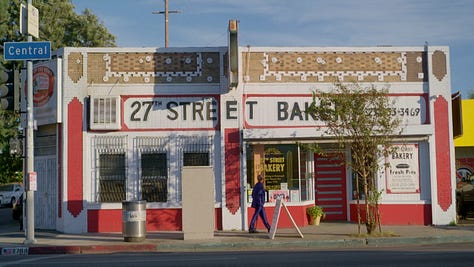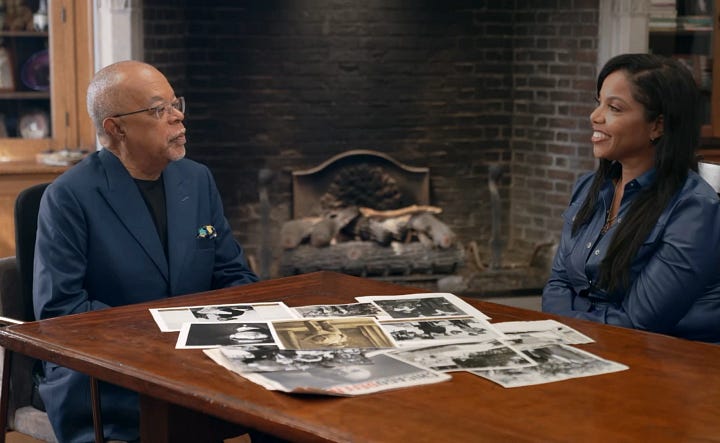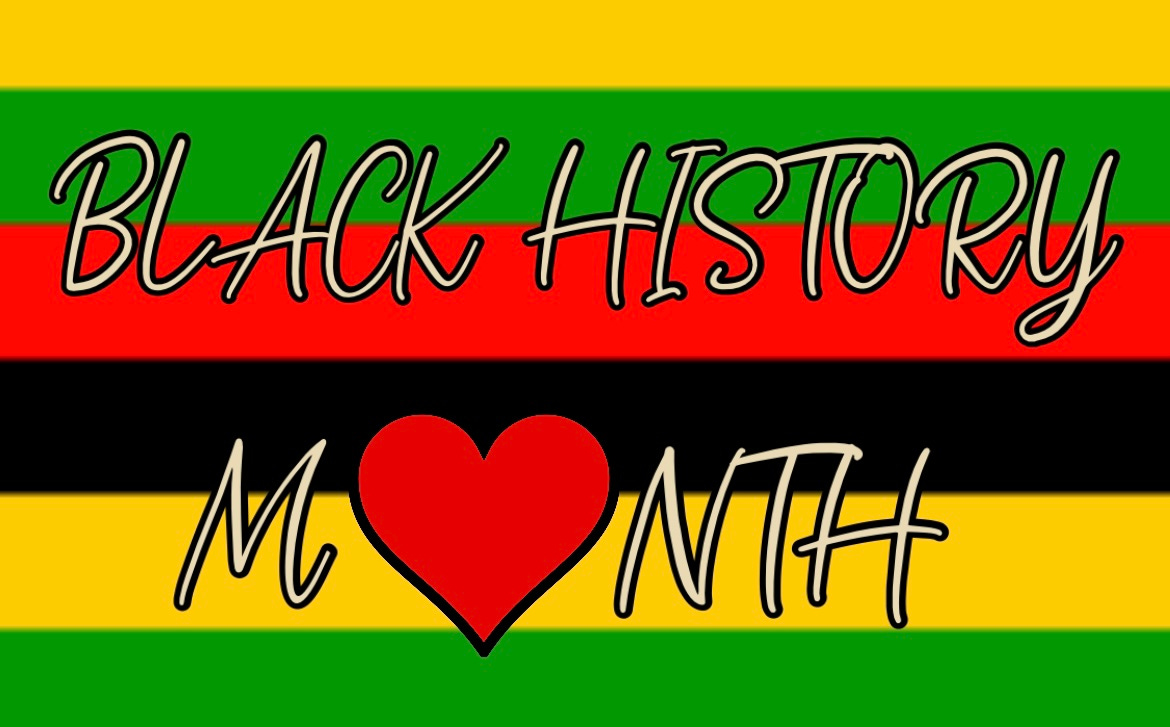“GREAT MIGRATIONS: A PEOPLE ON THE MOVE” examines African-American culture and their impact on society.
Celebrate Black History month starting with this poignant docuseries on PBS.
At Scenes in Color we highlight Black History and the cultural significance of African American history all year. However, in the U.S., a special emphasis to bring black stories and contributions to the forefront is celebrated in the month of February. GREAT MIGRATIONS: A PEOPLE ON THE MOVE is a moving, honest, and thoughtful docuseries that examines the powerful influence of Black migration on American culture and society.
While the first large migration was a forced journey from Africa in bondage, voluntary migrations in the 20th and 21st centuries have significantly reshaped the nation through the influence, labor, creativity, and culture from African-Americans dwelling and working in areas throughout the nation.
The four part docu-series is hosted and written by Emmy nominated executive producer Professor Henry Louis Gates Jr. Dr. Gates, known for his acclaimed series such as Finding Your Roots and The Black Church, takes viewers on a journey through pivotal moments in African American history. By exploring the profound effect of migration on culture, identity, and opportunity, Great Migrations uncovers stories of courage, resilience, and transformation.
Reflecting on the series, series producers/directors, Julia Marchesi and Nailah Ife Sims share, “Over the past century, Black migration has shaped the fabric of our biggest cities, our industries, our music, our food, our politics, and so much more. It's an honor to have the opportunity to create a series that highlights just how powerful the choice to move has been for the trajectories of so many Black families, and this 'great experiment' called America."





Episodes will include interviews from those with profound insight and information about the movements, reasoning behind the migrations, and expose insightful numbers with current demographics of where, why, and how black people are presently forging communities.
Some interviewees include Stacy Abrams, American politician, lawyer, voting rights activist, and author who served in the Georgia House of Representatives and Myiti Sengstacke-Rice, President and CEO of the Chicago Defender. Her great-grandfather founded the newspaper the Chicago Defender during a time period in which he urged Blacks in the South to move north.
A host of leading scholars, journalists, and cultural figures also provide deeper insights into the African American experience. Other notable voices featured in the series are Charles Blow, journalist and author and George F. Baker III, artist and cultural historian.
Episodes of Great Migrations: A People on The Move is available to stream on by clicking here on pbs.org and the free PBS App, available on iPhone, Apple TV, Android TV, Android smartphones, Amazon Fire TV, Amazon Fire Tablet, Roku, Samsung Smart TV, and Vizio.
Check out the trailer and episode list/schedule below.
Episode 1 – “Exodus” (January 28, 8:00 p.m.) *AVAILABLE NOW HERE*
Focuses on the first wave of migration (1910–1940) when over a million Black Americans fled the Jim Crow South for better opportunities in the North and West, forever altering the landscape of American culture.
Episode 2 – “Streets Paved in Gold” (February 4, 8:00 p.m.)
This episode highlights the second wave (1940-1970), when Northern and Western Black communities matured, growing politically and culturally to transform Black America.
Episode 3 – “One Way Ticket Back” (February 11, 8:00 p.m.)
Examines the reverse migration to the South, a shift driven by economic change and a desire for freedom, showcasing how the South has evolved and reshaped African American life.
Episode 4 – “Coming to America” (February 18, 8:00 p.m.)
Chronicles the recent influx of African and Caribbean immigrants and explores how they’ve contributed to reshaping what it means to be Black in America today.
Tune in throughout the month to learn about the second wave of the Great Migration when Northern and Western Black communities matured through migration and transformed the cultural and political power of Black America.




